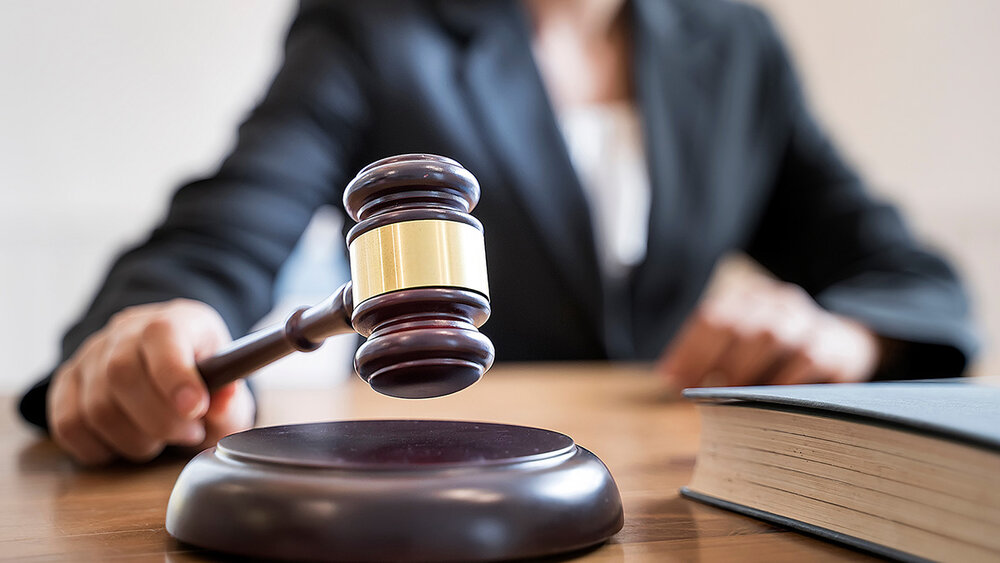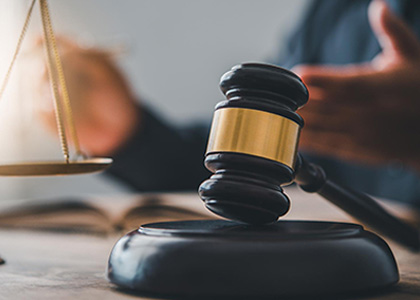
A Middle Tennessee Chapter 7 & 13 Bankruptcy Attorney
Are you facing severe financial challenges that have resulted in stress for you and your family? Chapter 7 bankruptcy is an advantageous process for people as they look for ways to resolve their debt problems. It is the liquidation type of bankruptcy with no repayment schedule or plan.
As opposed to paying your debt over time under Chapter 13 bankruptcy, chapter 7 liquidates your property safeguarded by the federal. Under this type of bankruptcy, debtors are provided protection from creditors and relief from debts that have disrupted their lives.
Chapter 13 of the bankruptcy code illustrates the repayment plan type of bankruptcy that many people choose as a last resort. When financial difficulties have consumed the lives of natives in Middle Tennessee, they can take advantage of this debt relief process. Under Chapter 13 bankruptcy, the debtor comes up with a repayment schedule for paying back their debts. The filer will make continuous payments to a Chapter 13 trustee, who then distributes the payments to creditors.
Get Legal Guidance from Rothschild & Ausbrooks, PLLC
After the Chapter 7 bankruptcy case is complete, you are no longer liable for debts covered under that specific case. Furthermore, creditors will halt all collection attempts. At Rothschild & Ausbrooks, PLLC, our bankruptcy attorney has over three decades of experience helping people throughout the Middle Tennessee area overcome debt.
Please speak with our Middle Tennessee Chapter 7 & 13 bankruptcy attorney from the Rothschild & Ausbrooks, PLLC, to understand the process better.
Schedule a free case evaluation at your convenience by contacting our firm. We can help you through this stressful financial situation.
- Our team of experienced attorneys has helped thousands of people in Middle Tennessee with their consumer bankruptcy needs for the last three decades.
- We pride ourselves on superior client service and accessibility
- Free consultation: We offer free in-person or virtual consultations to help you get started with your case.
- We examine your case from every angle to find the appropriate debt relief for you.


Questions? You're covered.
The main difference between Chapter 13 and Chapter 7 is that Chapter 7 aims at discharging unsecured debt such as medical bills, credit cards, and personal loans. In contrast, Chapter 13 allows you to develop a repayment plan for secured debts like your car or home while also discharging unsecured debt.
The process of becoming a board-certified bankruptcy attorney is complex. It requires a lot of commitment, substantial time, and monetary investment.
Deciding which bankruptcy type you are eligible for mainly depends on your income. If your income is below the median for your middle Tennessee community, you are eligible for Chapter 7 bankruptcy. You can also qualify for Chapter 13 bankruptcy if you have a steady income and your overall debts are less than $2750K on the day you file bankruptcy.

